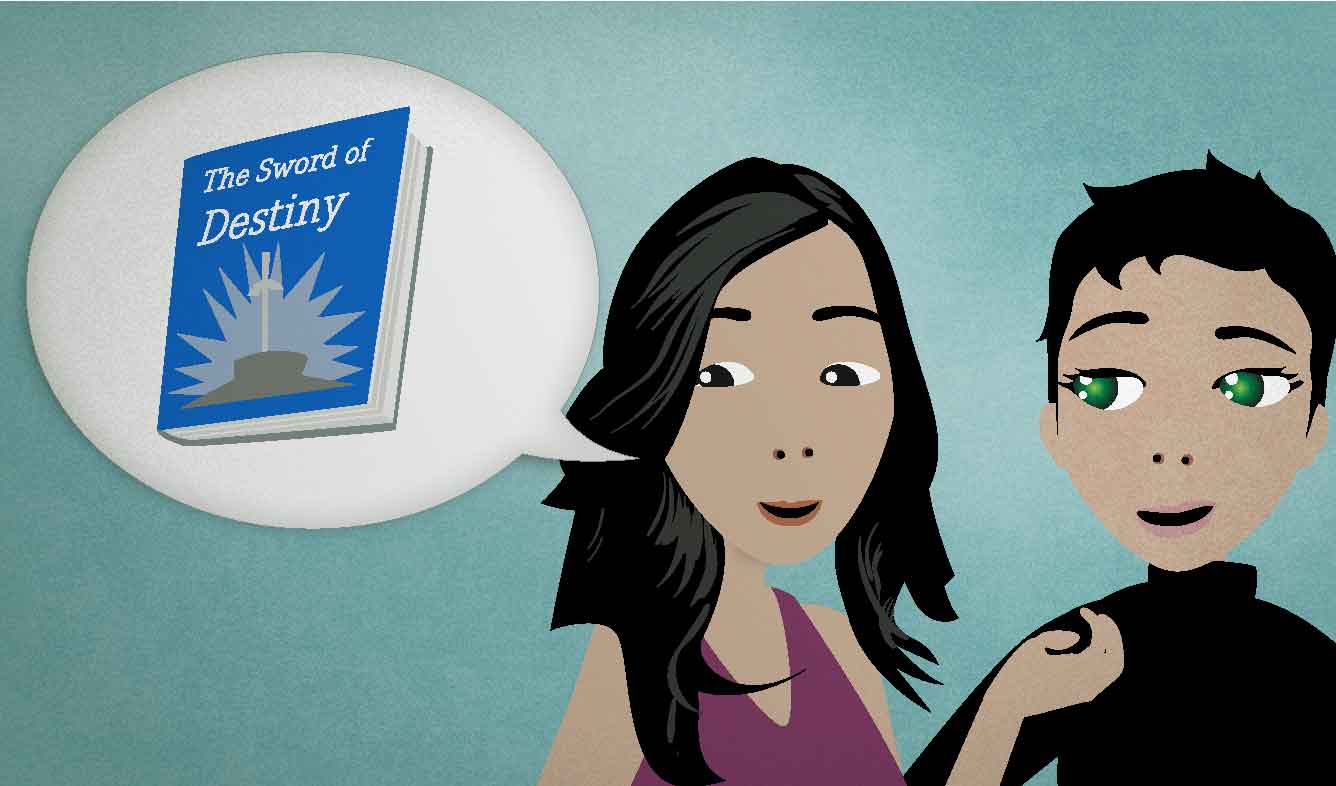“I know that it's highly unlikely that anyone will publish it, but I figured, 'What the hell...'”
You've written a fantasy novel. You've sent the manuscript to several publishing companies, even though you don't really have much hope that they will publish it. You're talking to a friend, and just told her that you sent the novel out.
I know that it's highly unlikely that anyone will publish it, but I figured, 'What the hell...'
Want Video and Sound? Follow us on YouTube

(something) is highly unlikely
Something that is "unlikely" will probably not happen. These are some things that are "unlikely":
- a snowstorm in the summer
- getting a job that you're not really qualified for
- finding an earring that you dropped in a crowded place
When you use the phrase "highly unlikely", you mean that something is very unlikely, or it's almost sure not to happen. Here are some "highly unlikely" events:
- a snowstorm in the desert
- winning the lottery
- marrying a famous actor that you have a crush on
The word "highly" also means "very" in these other combinations:
highly sensitive
highly contagious
highly toxic
highly concentrated
highly annoying
But "highly" can't be used before most words in this way, so stick with the combinations above and ones that you hear or read other people using.
it's unlikely that (clause)
When you want to talk about a situation that's unlikely, the pattern "It's unlikely that ___" is useful:
It's unlikely that we'll be able to spot any whales close-up, but it's worth a try!
It's extremely unlikely that they'll be able to defeat the Mets.
I figured (something)
The phrase "I figured ___" can mean "I thought ___". "Figure" is a more casual word than "think", so it's mostly used in spoken English, rarely in writing. This phrase is especially useful when you're telling people about something that you did, and want to give a little explanation of why you did it:
I figured I'd go ahead and get started on the next set of reports as well.
I figured he wasn't going to show up, so I went ahead and left early.
It's common to explain what you thought by directly quoting your own thoughts like in the example above, and in these examples:
I figured, "Why not make a little extra money on the side?"
I figured, "Hey, let's see how much it would cost to get a new one."
What the hell...
"What the hell..." has a couple of different meanings. Sometimes it's a way of expressing surprise or anger.
But in the example above, "What the hell?" expresses the idea of "Hey, why not?" You say this when you're going to try something, even though you know that you shouldn't or you don't really expect to get great results. Even so, you're going to try it anyway. For example, you can say "What the hell...":
- when you buy a lottery ticket
- when you take a dessert even though you're supposed to be dieting
- when you try out some exotic food that you've never had before, and that looks a little scary
When you use "What the hell?" in this way, the stress is on the word "what".
